A quirky passport design contest evokes Taiwan’s search for national identity
Bears, butterflies, and bubble tea. These are some of the leading motifs in a design contest in Taiwan, which seeks to crowdsource a new design for its passports that will “convey the identity of Taiwanese” right on the cover.
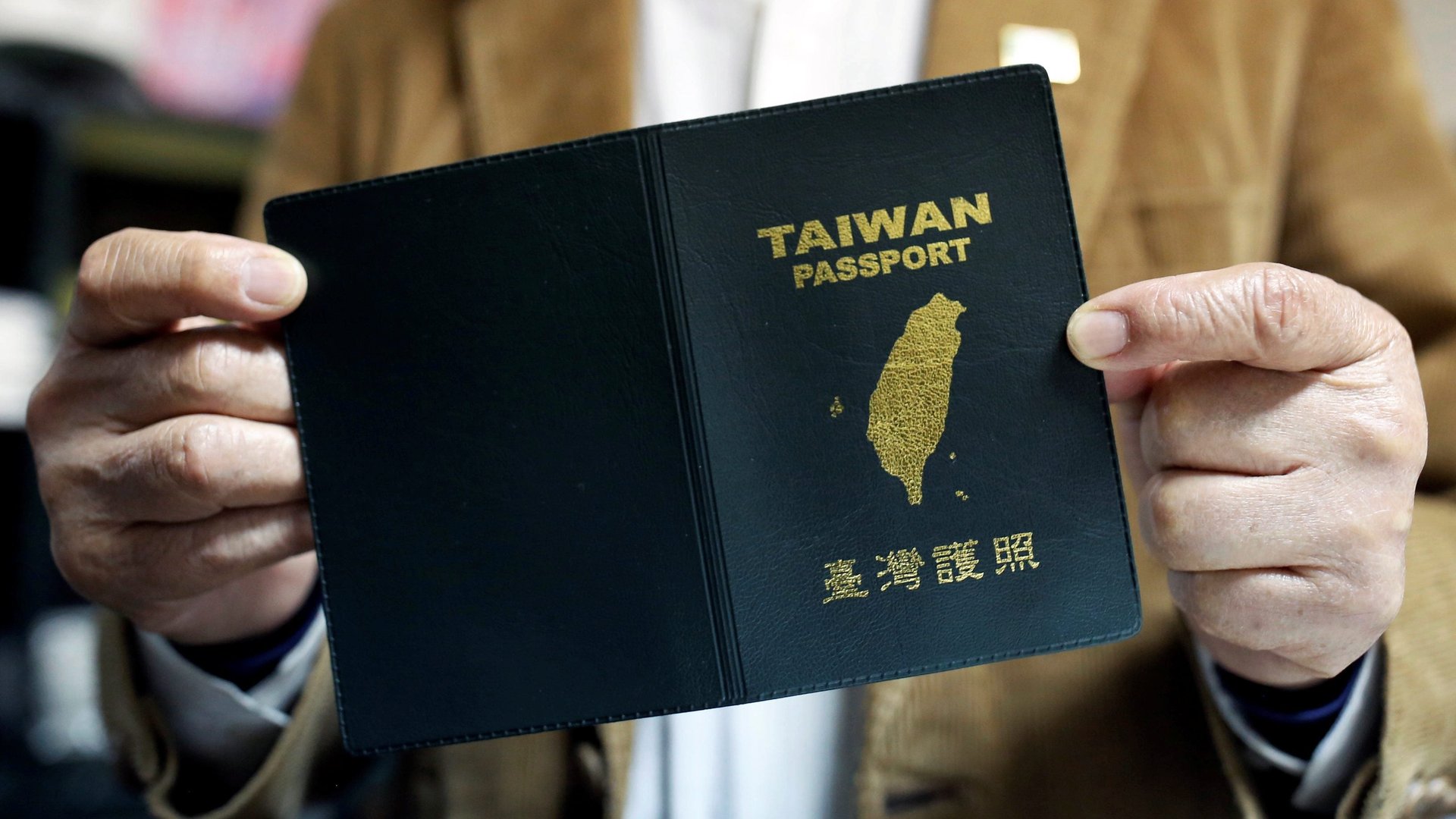

Bears, butterflies, and bubble tea. These are some of the leading motifs in a design contest in Taiwan, which seeks to crowdsource a new design for its passports that will “convey the identity of Taiwanese” right on the cover.
Taiwan’s current travel document features its official name, “Republic of China,” and “Taiwan passport” in English and in Chinese. Proponents of the change argue that being associated with China has become problematic during the coronavirus pandemic because border agents tend to confuse them with citizens of communist China where Covid-19 is believed to have originated from. It’s a galling predicament given the island’s exemplary record in dealing with the disease, despite being excluded from the World Health Organization because of Beijing’s “One China” policy. The Communist Party deems Taiwan a part of its territory though it has never governed there.
“We are considered by foreign countries to be from China not Taiwan,” argued pro-independence politician Chen Po-wei during a meeting of Taiwan’s parliament in April. “We are even suppressed and discriminated against.”
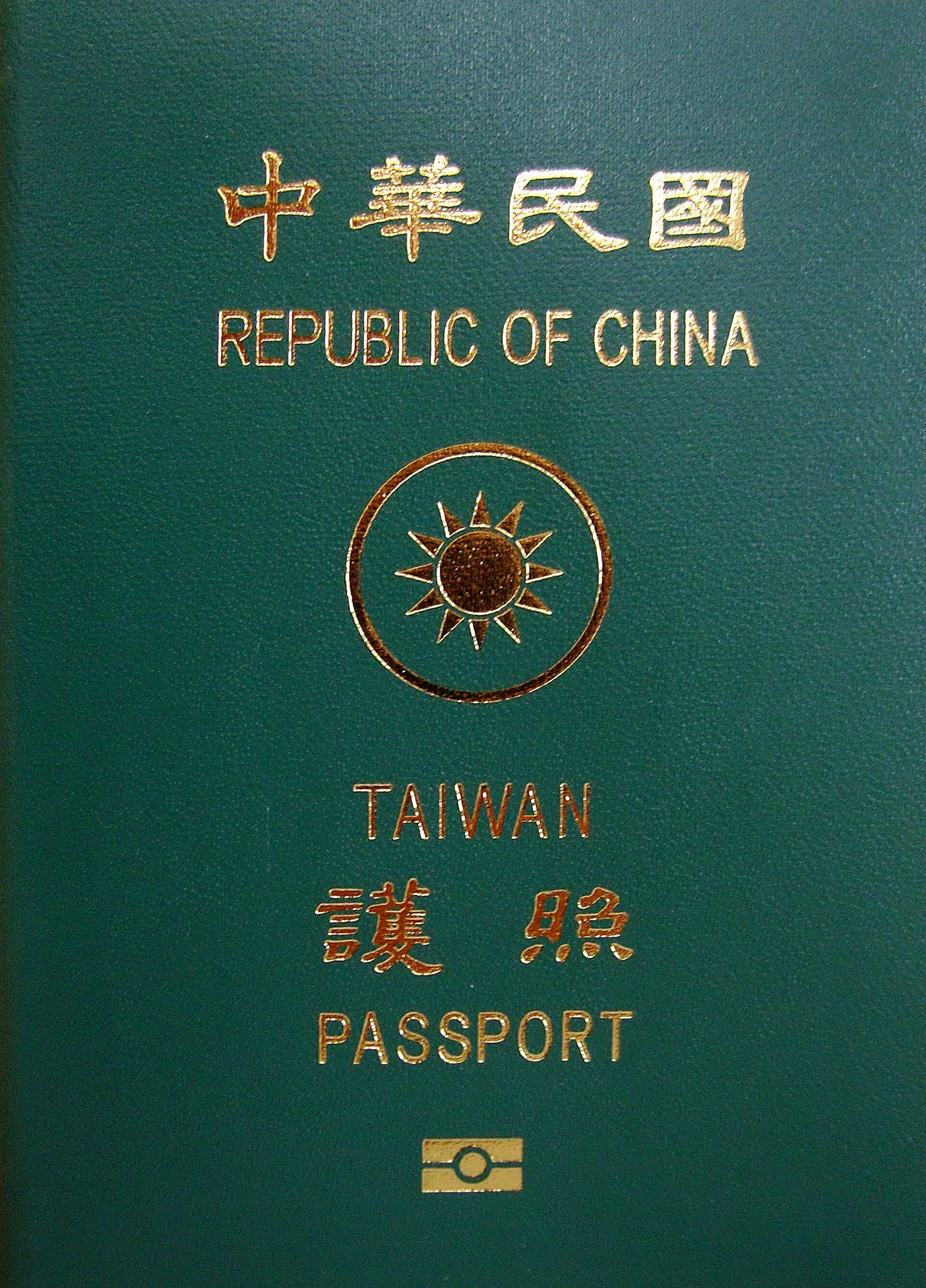
The New Power Party, formed after the 2014 youth protests that were in part about Taiwan’s identity, convened the passport design competition. From hundreds of submissions, 127 finalists are featured in an online gallery where people can vote and comment on the designs. In the “international standards” category, proposals follow design guidelines from the International Civil Aviation Organization, while the 54 entries in the “creative” group run the gamut from wacky to sublime. Food is a common theme. They include yams, a bowl of rice, and at least six artistic interpretations of Taiwan’s greatest beverage export: bubble tea, also known as pearl milk tea or boba.

As of this writing, two designs are running neck-to-neck for top spot. A green-and-gold design features a collage of Taiwanese symbols, including the emperor pheasant, black bear, sika deer, orchids, and its main island. Another crowd favorite features a butterfly with wings cleverly constructed with a silhouette of Taiwan’s islands. (This entry, however, is under review for plagiarism after organizers received a complaint that the design resembles Harvard Model United Nations’s 2010 logo.)
Seen as a whole, the entries offer a peek inside the often murky process of encapsulating national identity through graphic symbols. Natasha Jen, a Taipei-born graphic designer and partner at the design consultancy Pentagram celebrates the contemporary takes on Taiwanese identity.
“The idea that a new generation is reimagining the passport is actually quite exciting,” she says. “We often take passports as is; something issued by the government that was designed a long time ago.”
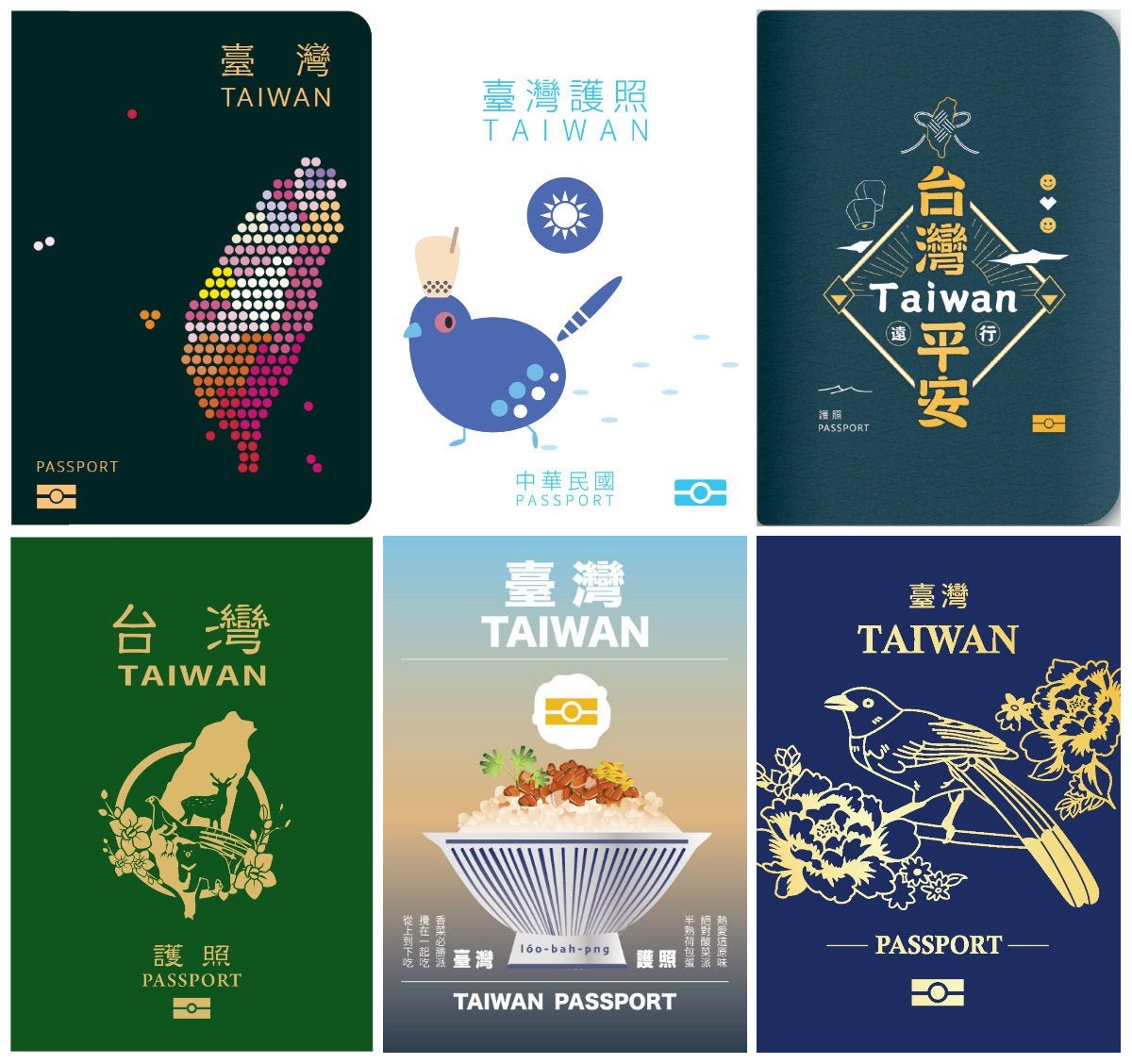
Jen says she was especially drawn to motifs that celebrate Taiwan’s vibrant gastronomic scene. “Taiwan is really dedicated to preserving and developing food culture,” she explains. “It doesn’t change with the political or the economic developments. It’s something that is so deeply rooted in everyone.”
The China factor: The politics behind the redesign
The winner of the New People Party’s contest, which ends in mid-September, will receive NT$30,000 ($1,020), but the design won’t necessarily be used for the official documents. The contest, is in large part, a strategy to kindle public dialog about how best to represent Taiwanese national identity vis-a-vis China. It’s an issue Taiwan’s been grappling with in one form or another since 1949, when China’s civil war ended with the Communist forces founding the People’s Republic of China, while the Nationalist forces fled to the island, taking the “Republic of China” name with them.
After the coronavirus brought these issues to the fore, its parliament voted in July to emphasize “Taiwan” on the passport cover, so as to “safeguard the human dignity” of the Taiwanese people and enable them to travel safely and conveniently overseas.
Lawmakers also approved a proposal to rebrand the national carrier, China Airlines, which is often confused with Air China, the mainland’s flagship airline. For example, when Taiwan donated millions of face masks to Europe, some thought they came from mainland China because they were delivered by China Airlines. Similarly, travel restrictions aimed at China usually covered China Airlines as well. One proposal being considered suggests simply adopting the name “Taiwan Airlines.”
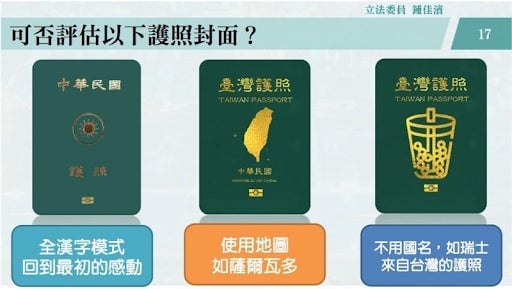
The Taiwanese passport has actually undergone several tweaks over the years. The last update involved adding the word “Taiwan” to the cover in 2003, prompted in part by another epidemic. This irked Chinese officials who saw it as a step in the direction of declaring independence. In 2015, some even took matters into their own hands and began using stickers with the words “Republic of Taiwan” on their travel documents. This resulted in several travelers being denied entry into China, Hong Kong, and Singapore.
Christopher Hughes, professor of international relations at the London School of Economics and the author of the book Taiwan and Chinese Nationalism: National Identity and Status in International Society, explains that each iteration reflects a balancing act between a yearning among Taiwanese to be recognized as a self-governing state and their concern over challenging the Chinese Communist Party without the backing of the US. Given the anti-China sentiment of the Trump administration, Hughes says, “Taiwan is now in this position where it has, for the first time, much stronger support from Washington.”
“This is something some people [in Taiwan] have wanted for a long time and you can understand why,” he explains, noting that over 70% of the population are in favor of eliminating “China” from its passports. “It’s very confusing and can create real problems for individuals and companies when they get confused with China.”
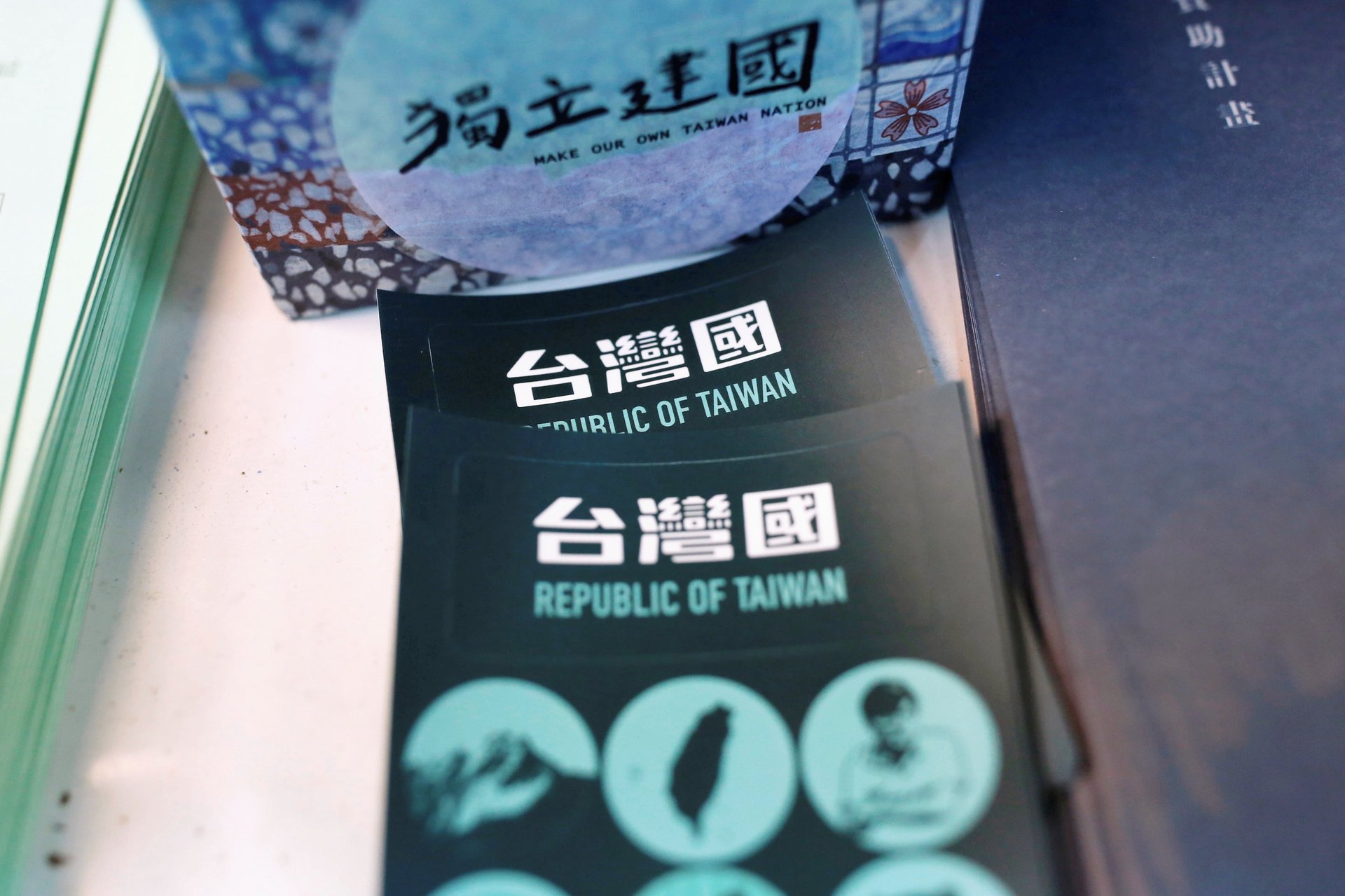
Beijing’s efforts to crack down on protests in Hong Kong, which helped turn a close race into a landslide election win for president Tsai Ing-wen in January, have also fueled Taiwan’s sense that there can be no rapprochement with authoritarian China.
The issue of how to refer to Taiwan is likely to only become more confusing for global companies, however. Brands like Muji, Marriott, and Zara among many others, have seen a nationalistic backlash in China for listing Taiwan separately in country rosters.
Why passports look so serious
If Taiwan adopts a quirky motif on its next passport, it will signal a break in the long tradition of using crests, coats of arms, cartouches, and other stodgy symbols in the history of travel documents. When passports were first used, projecting an air of formality in the graphic design was essential, in large part to convince border guards that your travel papers were legitimate and issued by an official body. But with the dawning of biometrics and ePassports in the late 1990s, a traveler’s data are now stored in a microchip embedded in the booklet. Today, computers ascertain the veracity of documents, thus technically eliminating the need to design documents so austerely.
The International Civil Aviation Organization in fact, only has recommendations, not rules, for what passports should look like. Despite this, most countries tend to stick to traditional colors to “look official” and uphold a “sense of propriety,” as explained in a 2018 Travel and Leisure article (though countries have begun to be a bit more creative on the inside). Similarly, South Sudan, the world’s newest country, chose a dark blue cover decorated with an eagle, ostensibly following the look of the US passport.
But seriousness is far from Taiwan’s favored policy. At this year’s TED conference, Taiwan’s digital minister Audrey Tang explained that government ministries routinely hire professional comedians as “engagement officers” to help scheme information campaigns. The Taiwanese government recently used memes featuring dogs to quash hoaxes about Covid-19 circulating on the internet. Even its top leaders are willing to be, quite literally, the butt of the joke.
That goofiness, which is reflected in many of the contest’s entries, is a genius foil to China’s dour authoritarianism, Hugh observes, where the government regularly tries to bar jokes about the Chinese president’s likeness to Winnie the Pooh.
“It’s the one thing that dictators really can’t deal with it,” said Hughes.”They can deal with criticism or dissidents by locking them up or shooting them but being laughed at is the opposite of fear.”